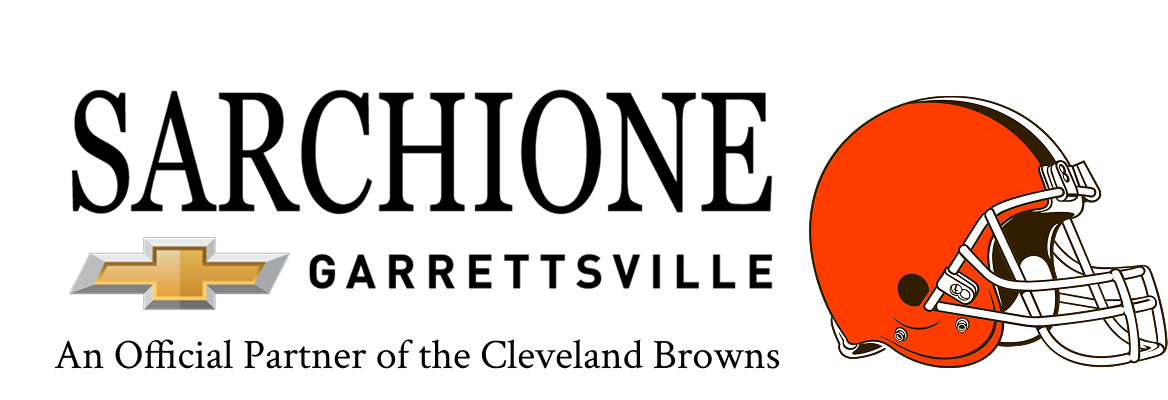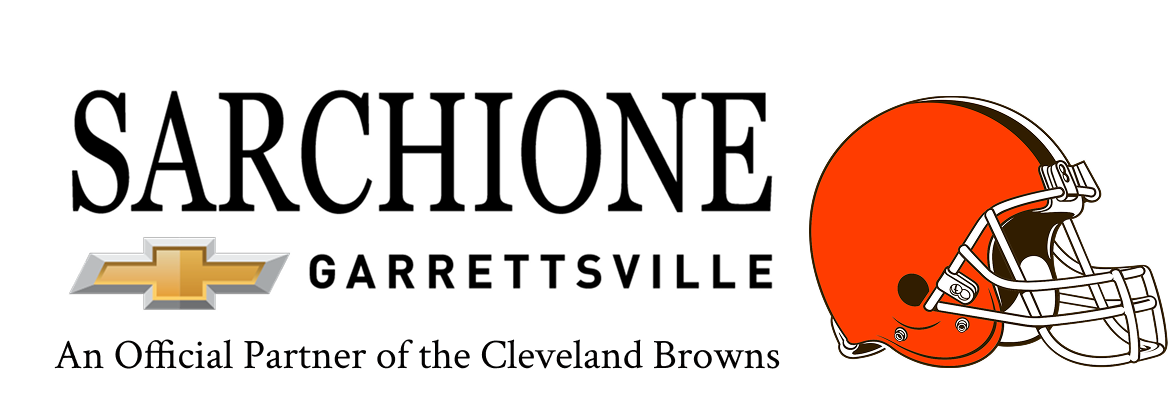If you’ve noticed a Chevy car heater blowing cold air, you’re likely wondering why this is happening and what you can do to fix it. A heater that blows cold air instead of warm can be frustrating, especially during colder months.
The issue can be traced back to a number of different causes, from minor problems to more serious mechanical issues. Understanding these potential causes can help you address the problem before it leads to further complications.
Common Causes of Cold Air from Your Chevy Heater
A variety of factors can contribute to a Chevy car heater blowing cold air. The most common reasons for this issue involve the vehicle’s heating system, cooling system, or even electrical components. Whether it’s due to a simple lack of coolant or a more complex issue like a malfunctioning thermostat, identifying the root cause is key to finding the right solution.
Low Coolant Levels
One of the most common causes of cold air coming from your heater is low coolant levels. The heater core, which is essentially a small radiator, requires hot coolant to produce warm air.
When the coolant levels are low, there isn’t enough fluid circulating through the heater core. This causes the heater to blow cold air instead of warm. This issue is often accompanied by a dashboard warning light indicating low coolant levels, or you might notice that the engine is running hotter than usual.
Checking the coolant level is an essential first step in diagnosing the problem. If the coolant is low, you should refill it and check for any signs of leaks. However, if the coolant level drops quickly after topping it off, it may indicate a leak in the system that needs professional attention.
Malfunctioning Thermostat
The thermostat in your Chevy regulates the temperature of the engine by controlling the flow of coolant. If the thermostat fails to open or close properly, it can result in insufficient heating. A stuck thermostat may prevent the coolant from circulating through the engine and heater core, which could lead to cold air blowing from the heater.
If you suspect that the thermostat is malfunctioning, a professional mechanic can diagnose the issue by testing the thermostat and replacing it if necessary. If left untreated, a faulty thermostat can cause further engine issues, so it’s essential to have it checked as soon as possible.
Heater Core Problems
The heater core is a vital component of your car’s heating system, responsible for transferring heat from the engine coolant to the air blown into the cabin. If the heater core becomes clogged or develops a leak, it can cause your Chevy heater to blow cold air. A clogged heater core can restrict the flow of coolant, while a leak can cause the coolant to escape, both of which result in insufficient heating.
Signs of a problematic heater core include a sweet smell inside the cabin, foggy windows, or coolant pooling on the floorboard. If you experience these symptoms, it’s important to have the heater core inspected and replaced if necessary.
Faulty Blower Motor
The blower motor is responsible for pushing air through the heater core and into the cabin. If the blower motor is malfunctioning, it may not blow enough air through the system to effectively heat the cabin, or it may blow air that feels cold rather than warm. A faulty blower motor can be caused by a blown fuse, a malfunctioning motor, or a clogged air duct.
If your blower motor is not working properly, you may notice that the air doesn’t come out of the vents as expected, or it may blow air at a lower intensity. A mechanic can inspect the blower motor, clean the air ducts, or replace the motor if needed.
Airflow Problems and Blockages
Sometimes, airflow issues caused by blockages in the ventilation system can lead to cold air blowing from the heater. Dirt, debris, or even leaves can sometimes clog the air ducts, preventing warm air from circulating properly. Additionally, if the cabin air filter is clogged, it can restrict airflow and affect the heater’s performance.
Regular maintenance, including replacing the cabin air filter and cleaning the air ducts, can help prevent these issues and make sure that your heater functions properly.
If your Chevy car heater is blowing cold air, it could be due to a range of issues, including low coolant levels, a malfunctioning thermostat, a faulty heater core, or a blower motor problem. While some of these issues are easy to identify, others may require the expertise of professional mechanics to diagnose and resolve.
Regular maintenance at a Chevy service center, such as checking coolant levels and replacing the cabin air filter, can help prevent many of these issues. Addressing a heater that blows cold air promptly is key to keeping your car’s heating system in optimal condition and guaranteeing comfort during colder weather.


